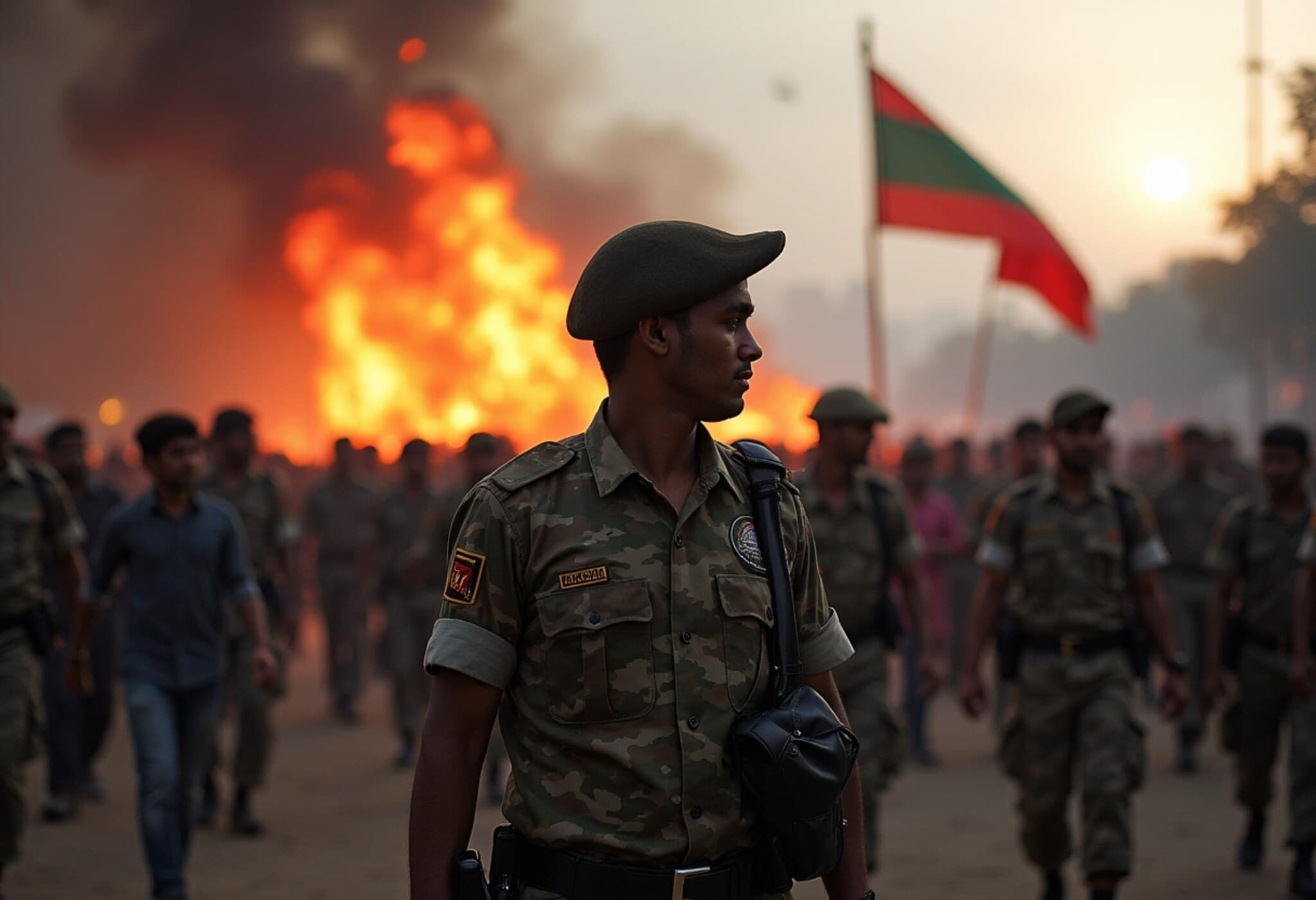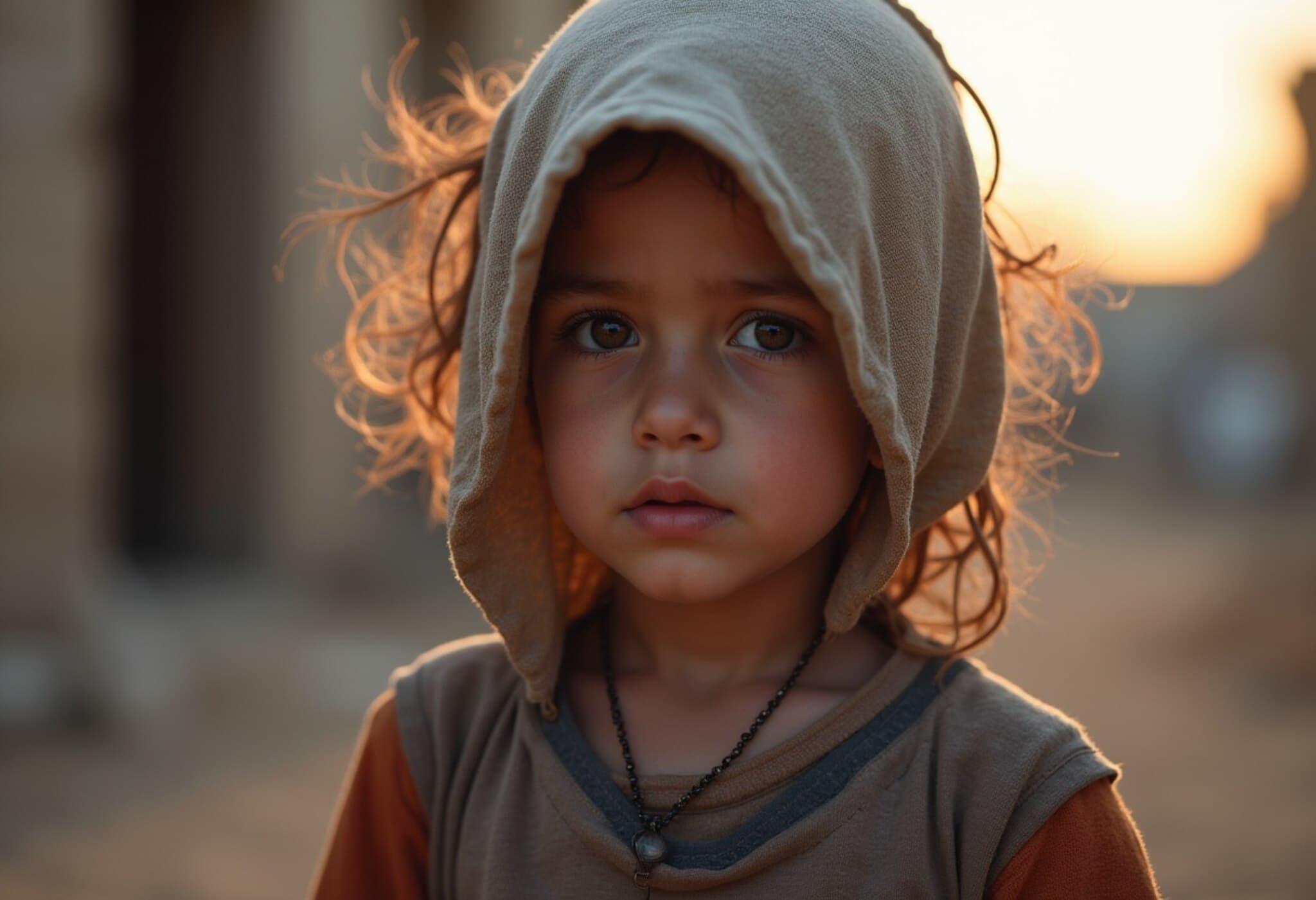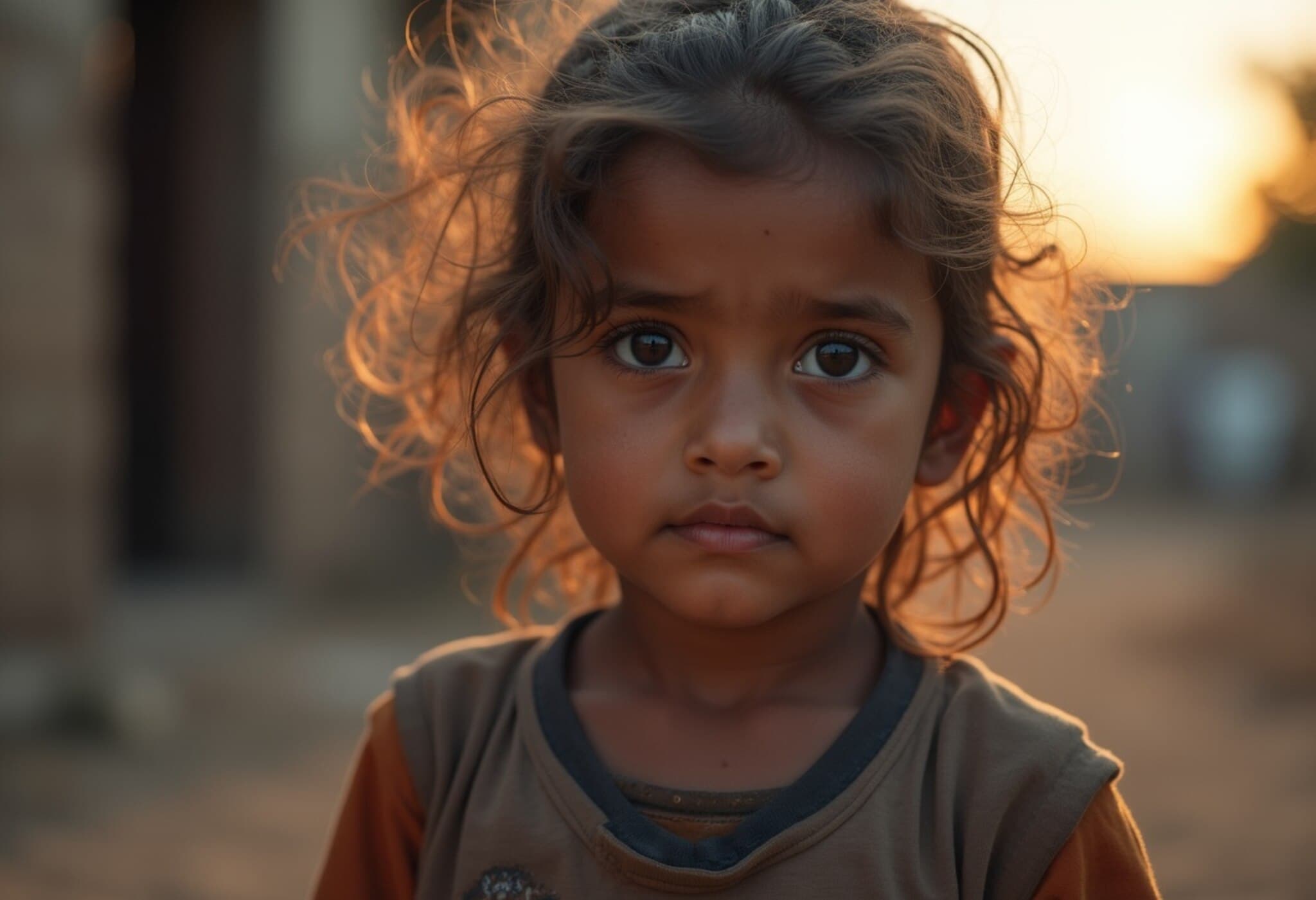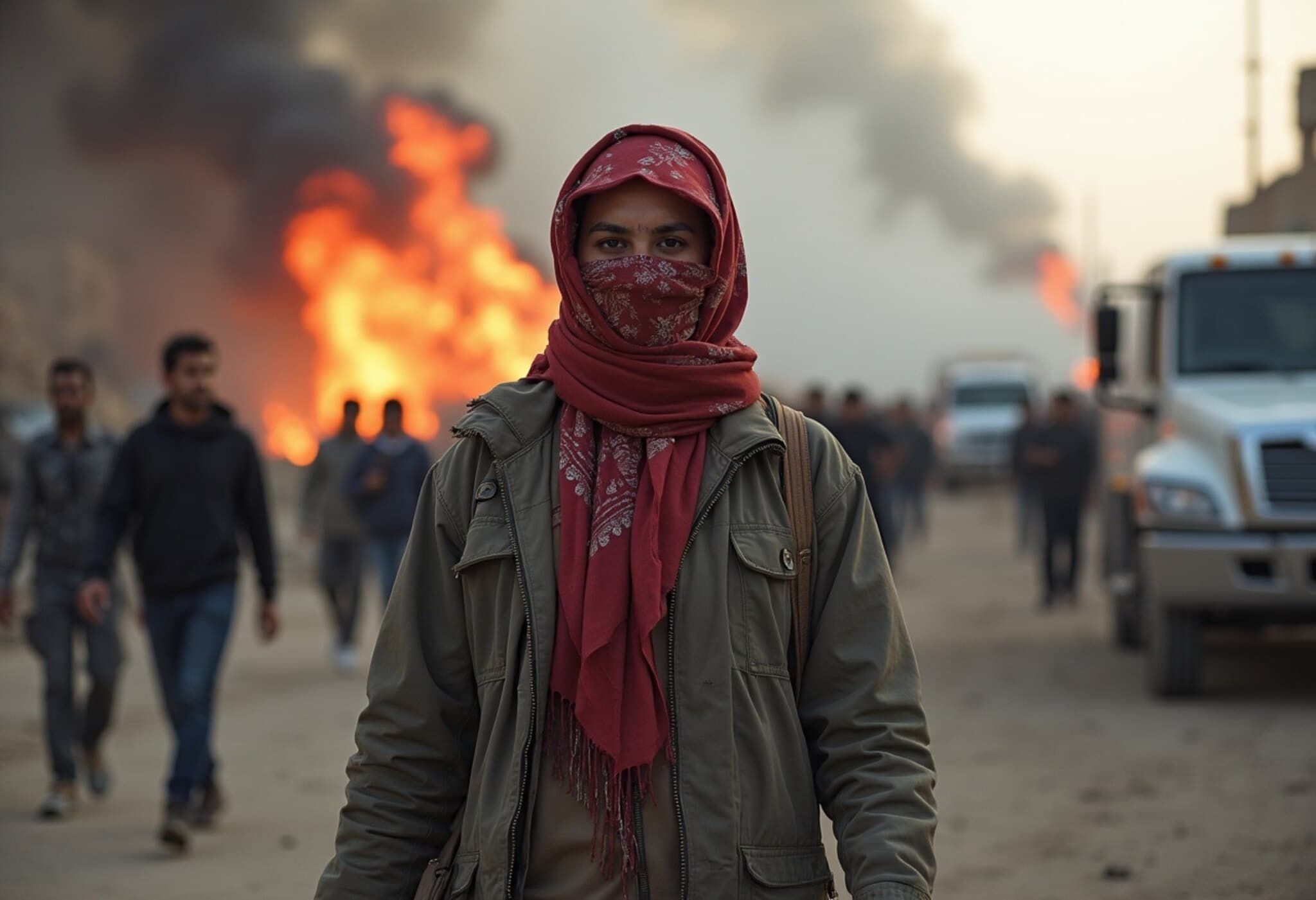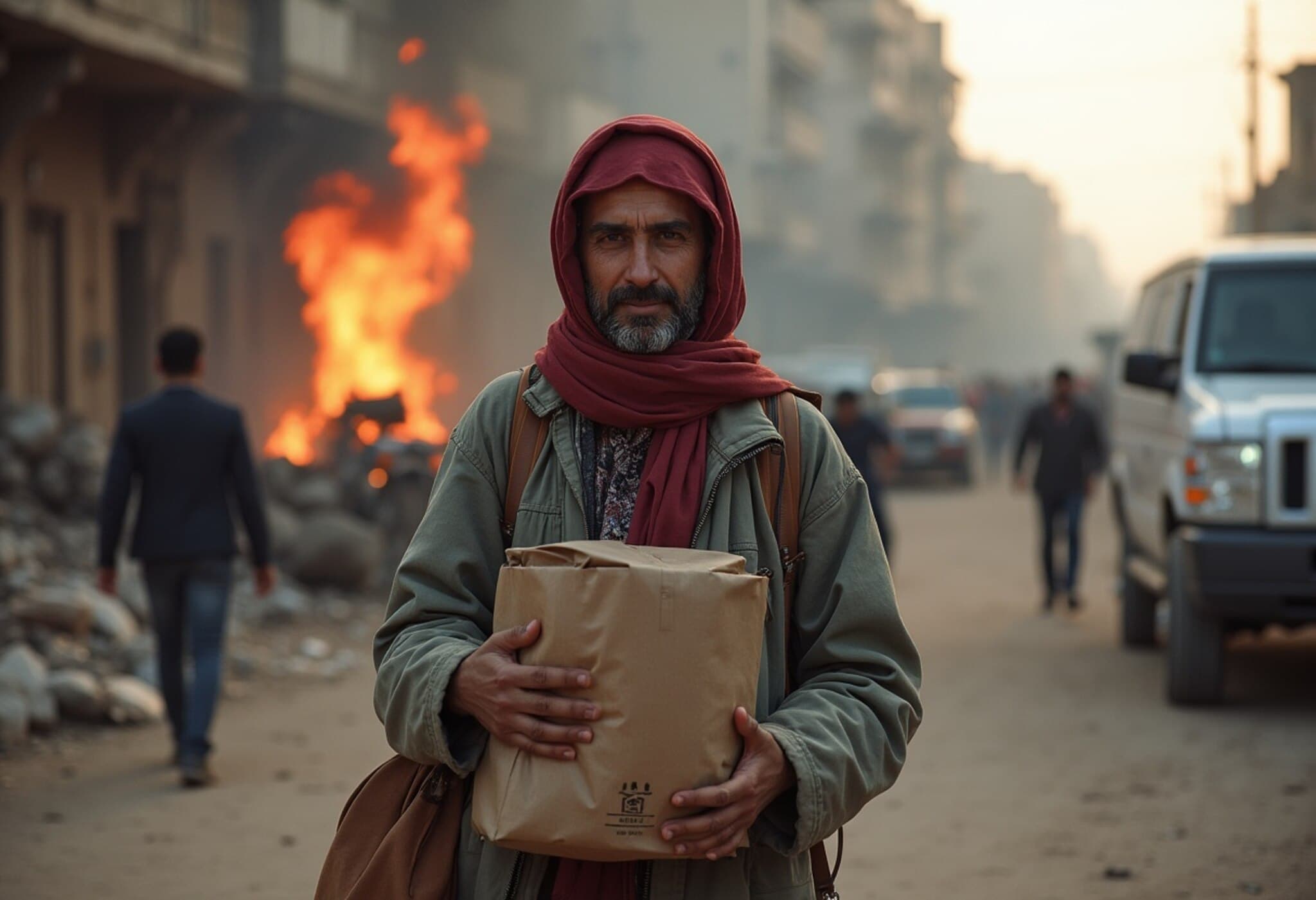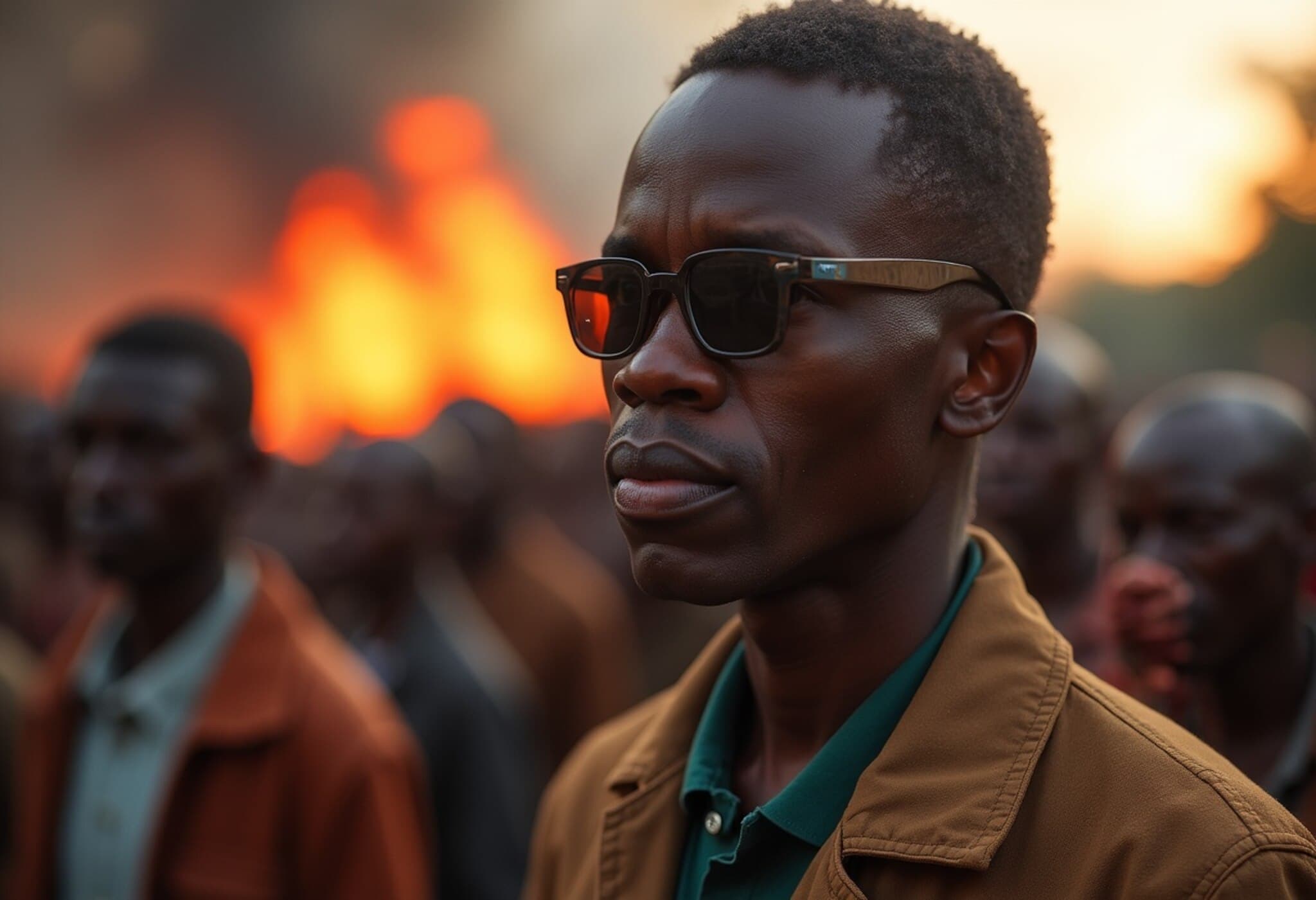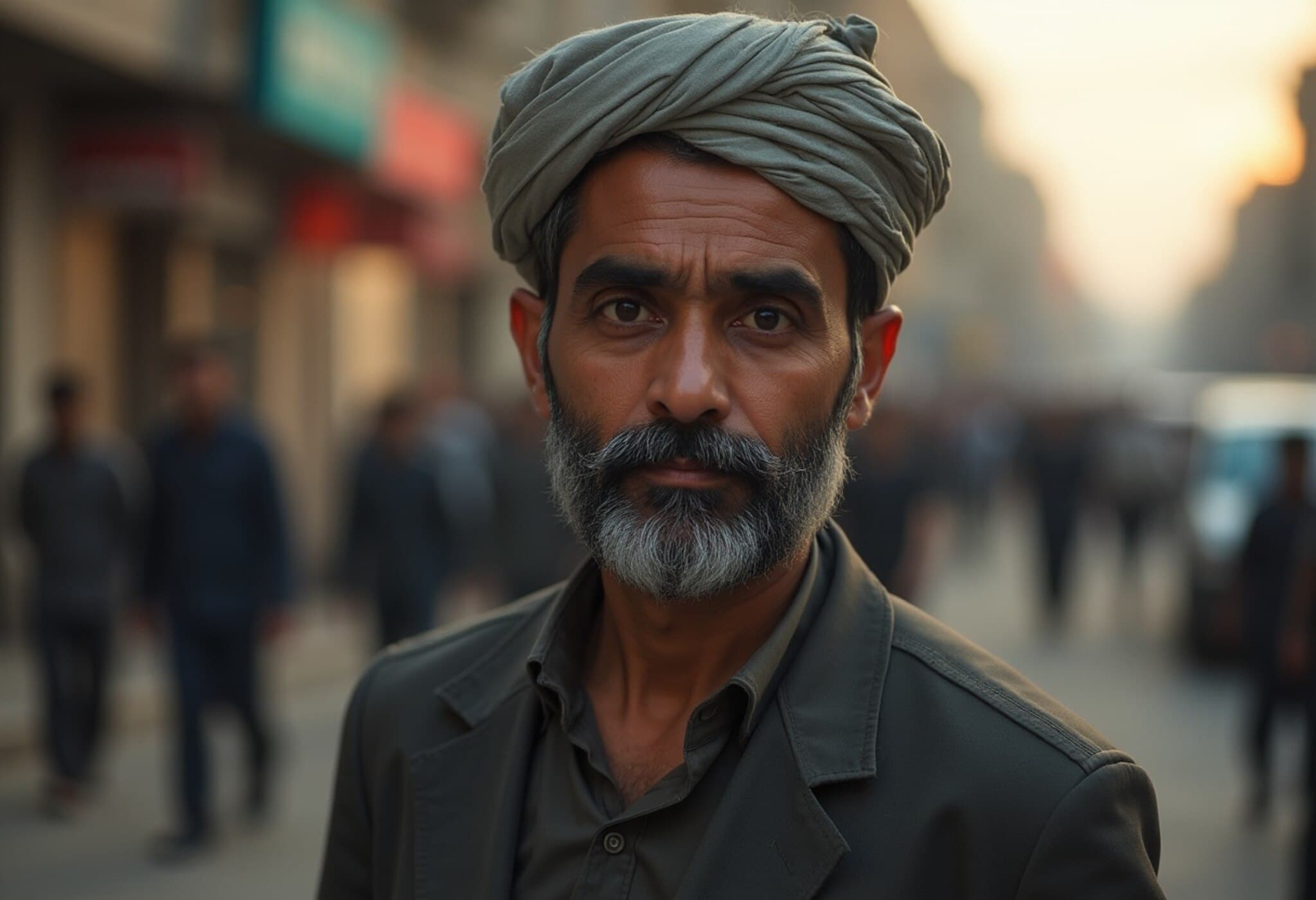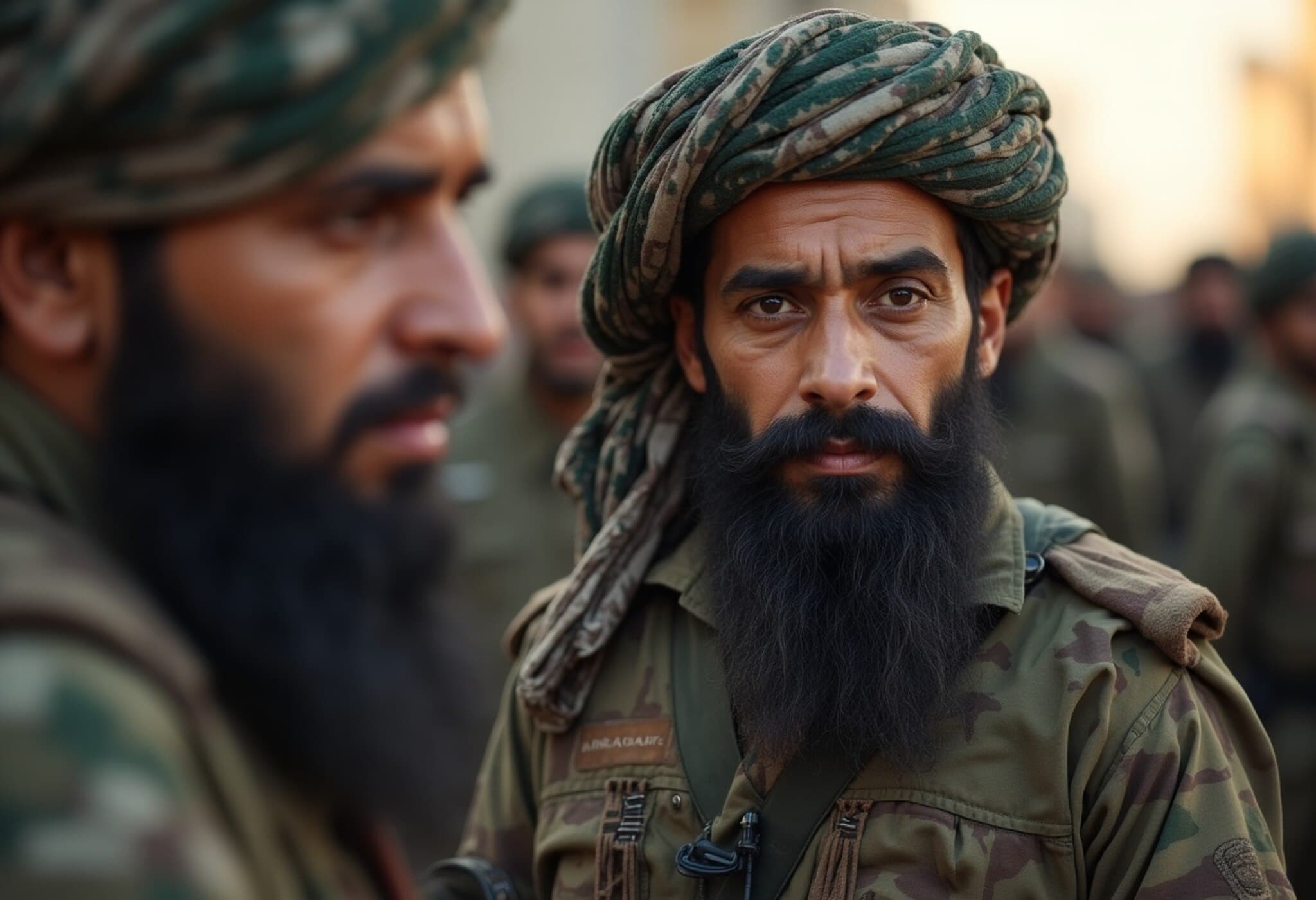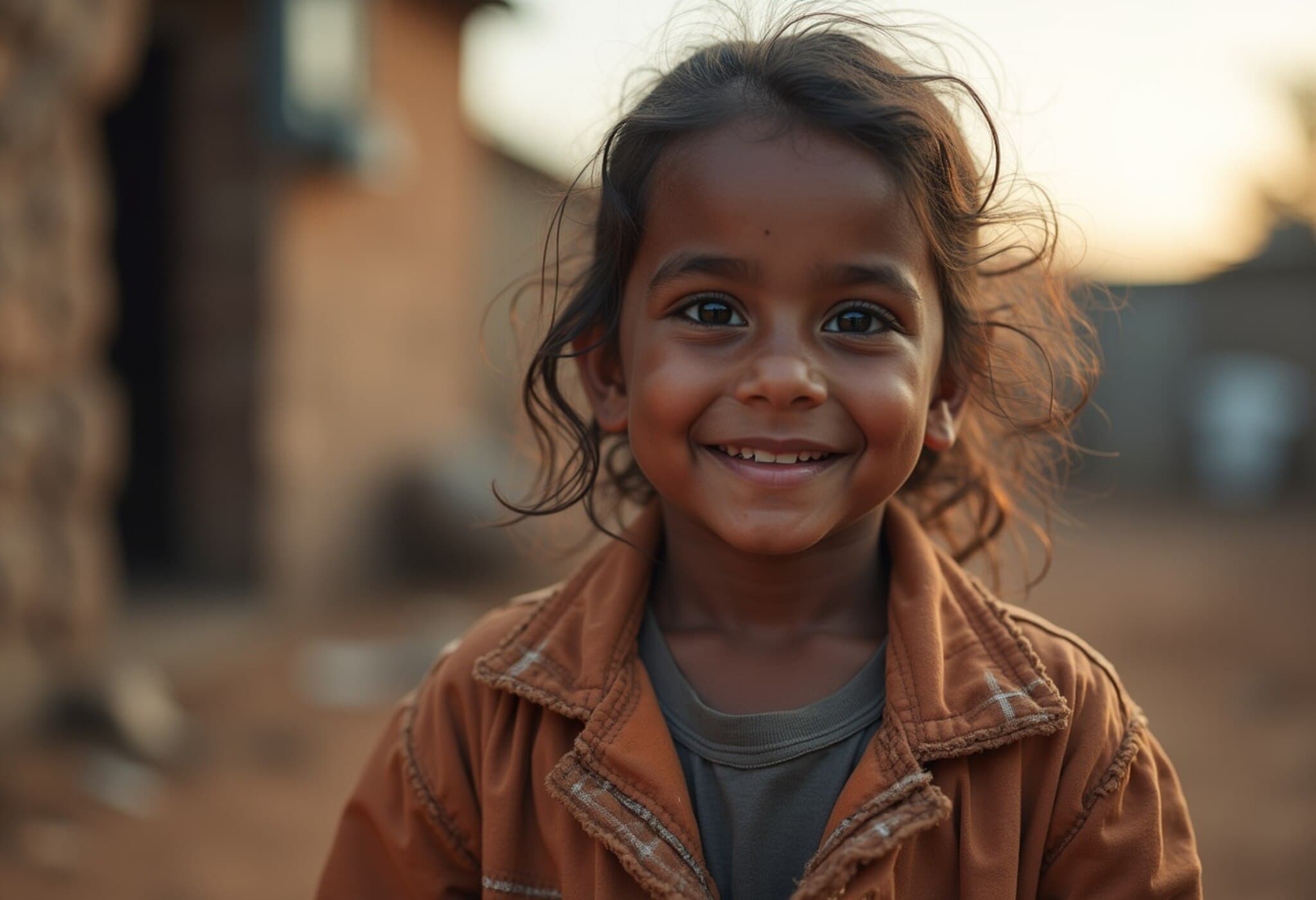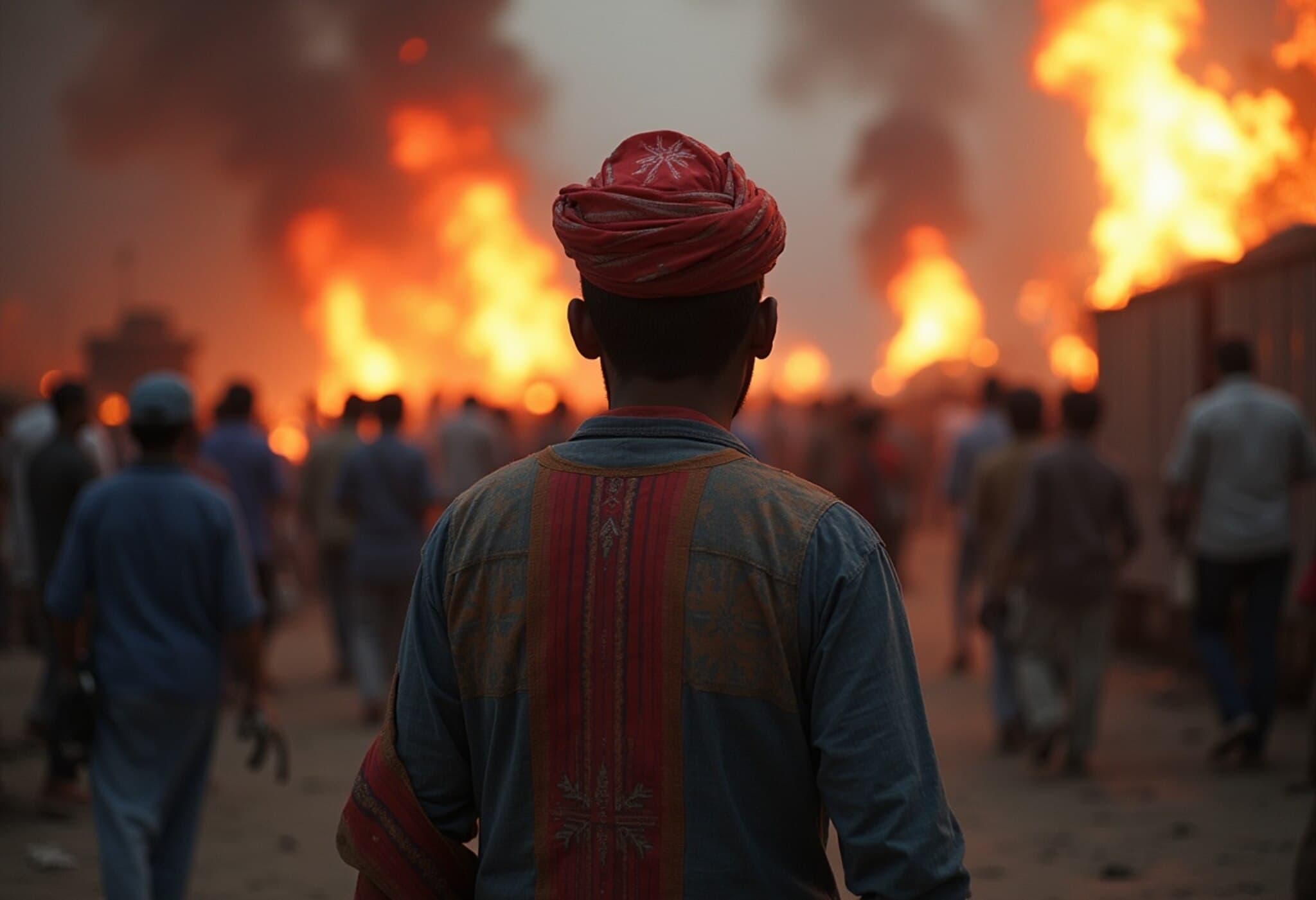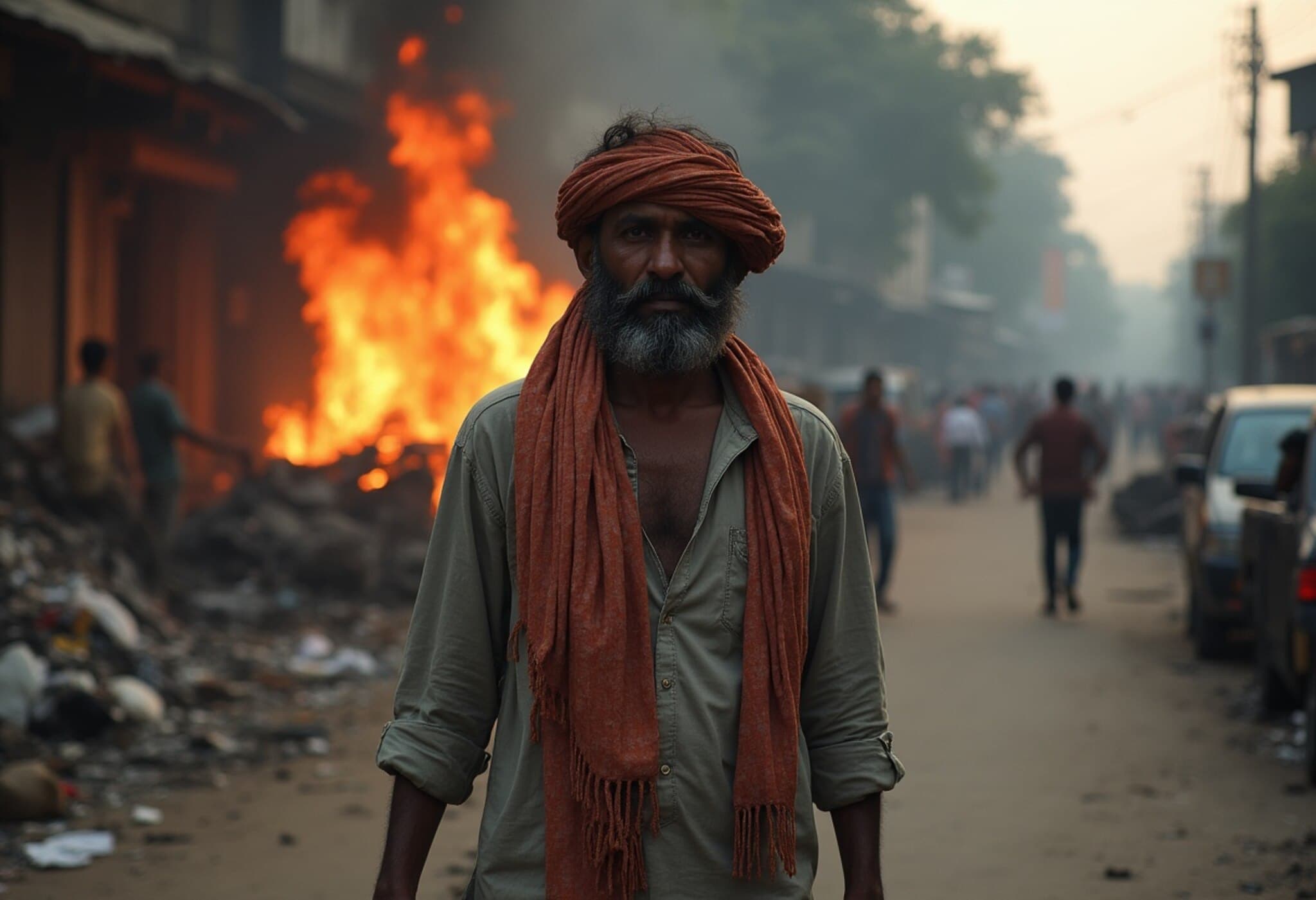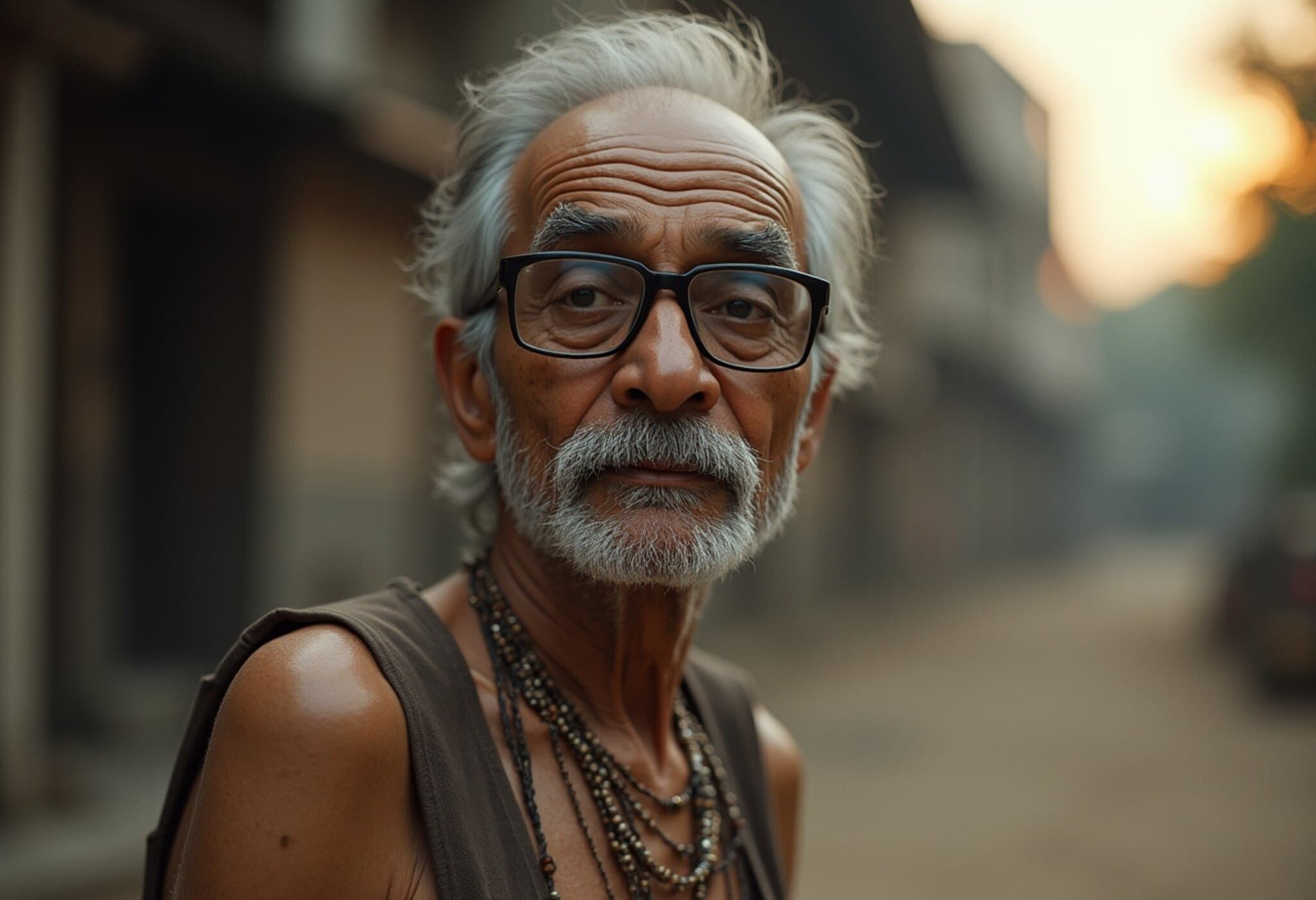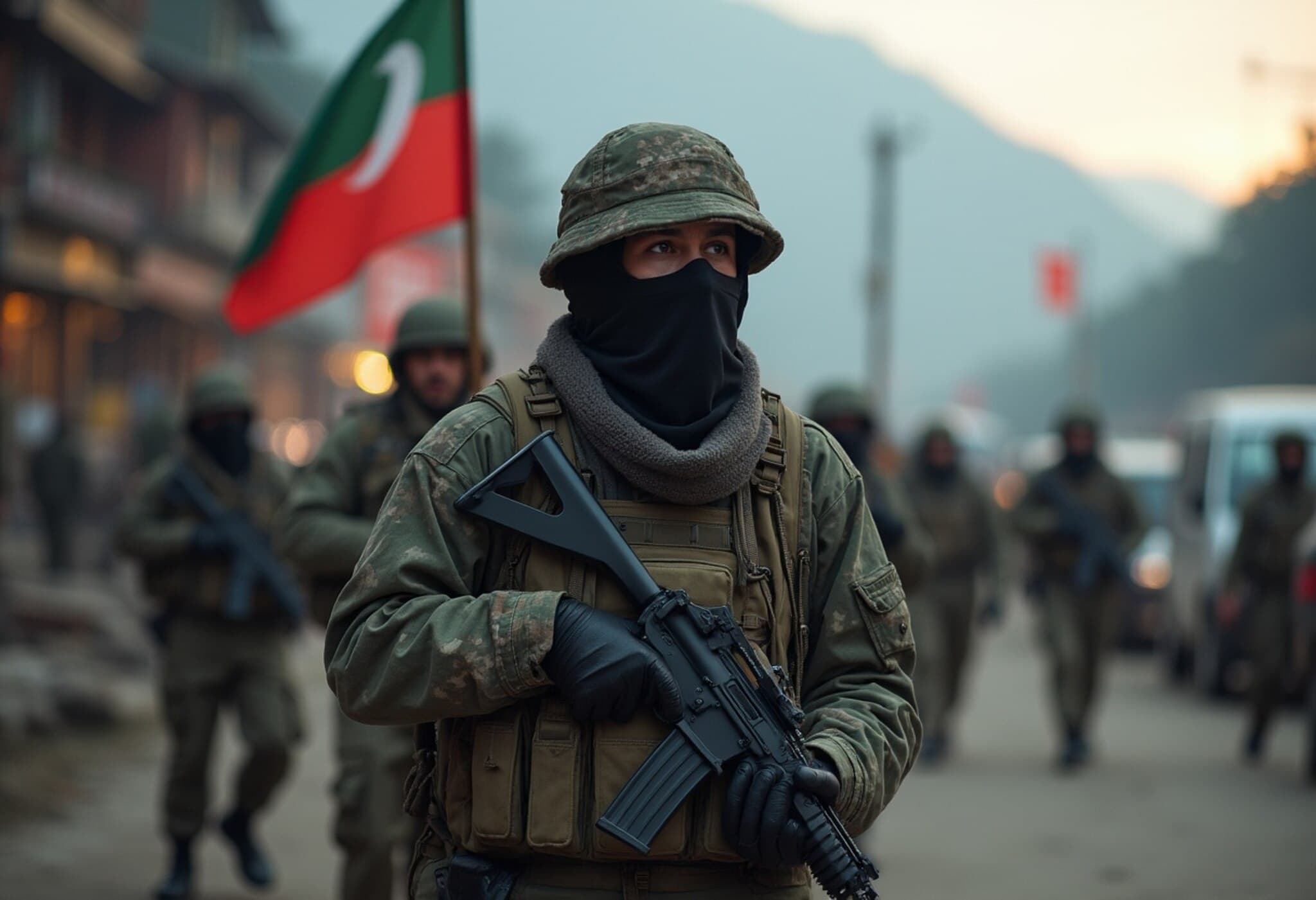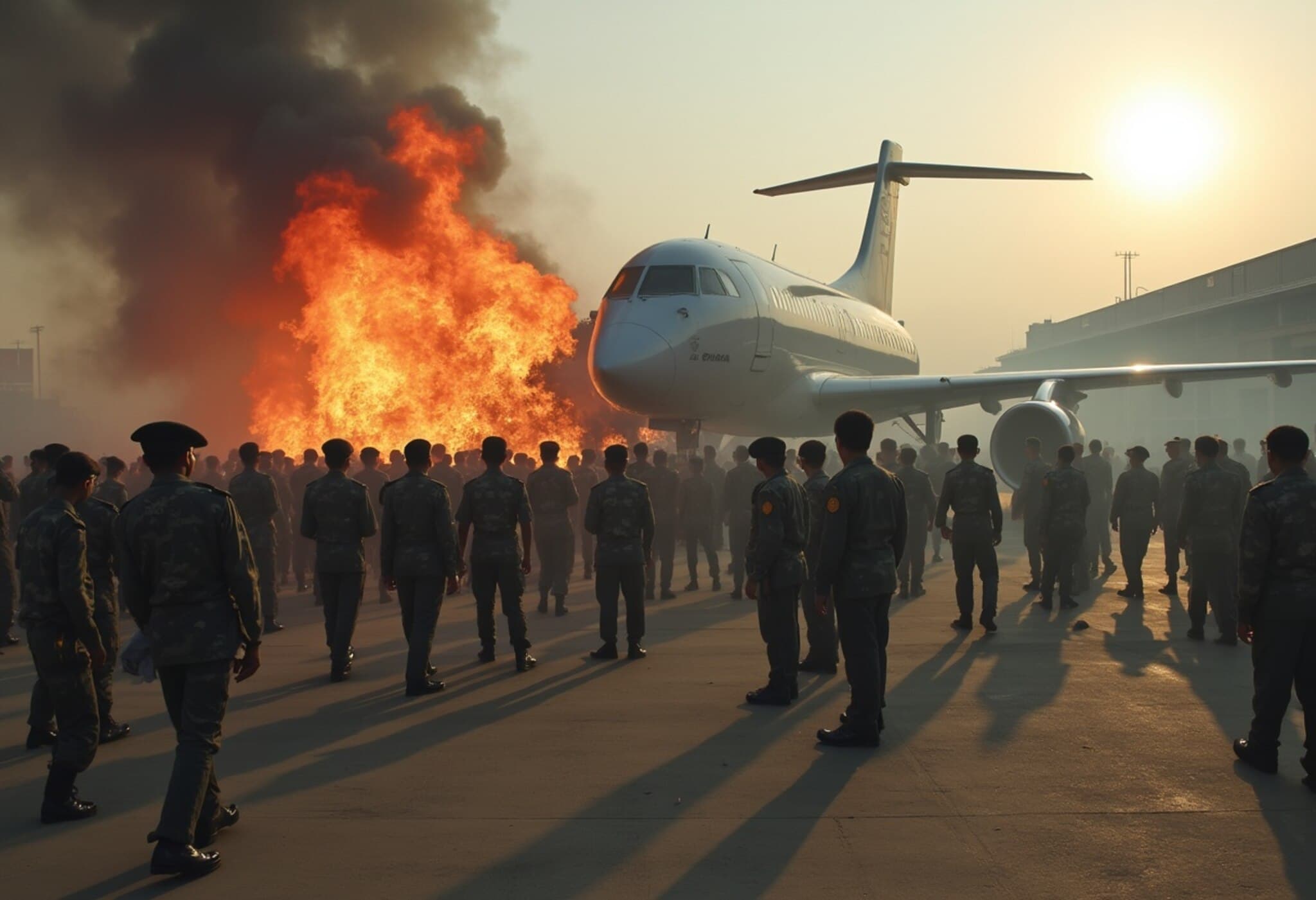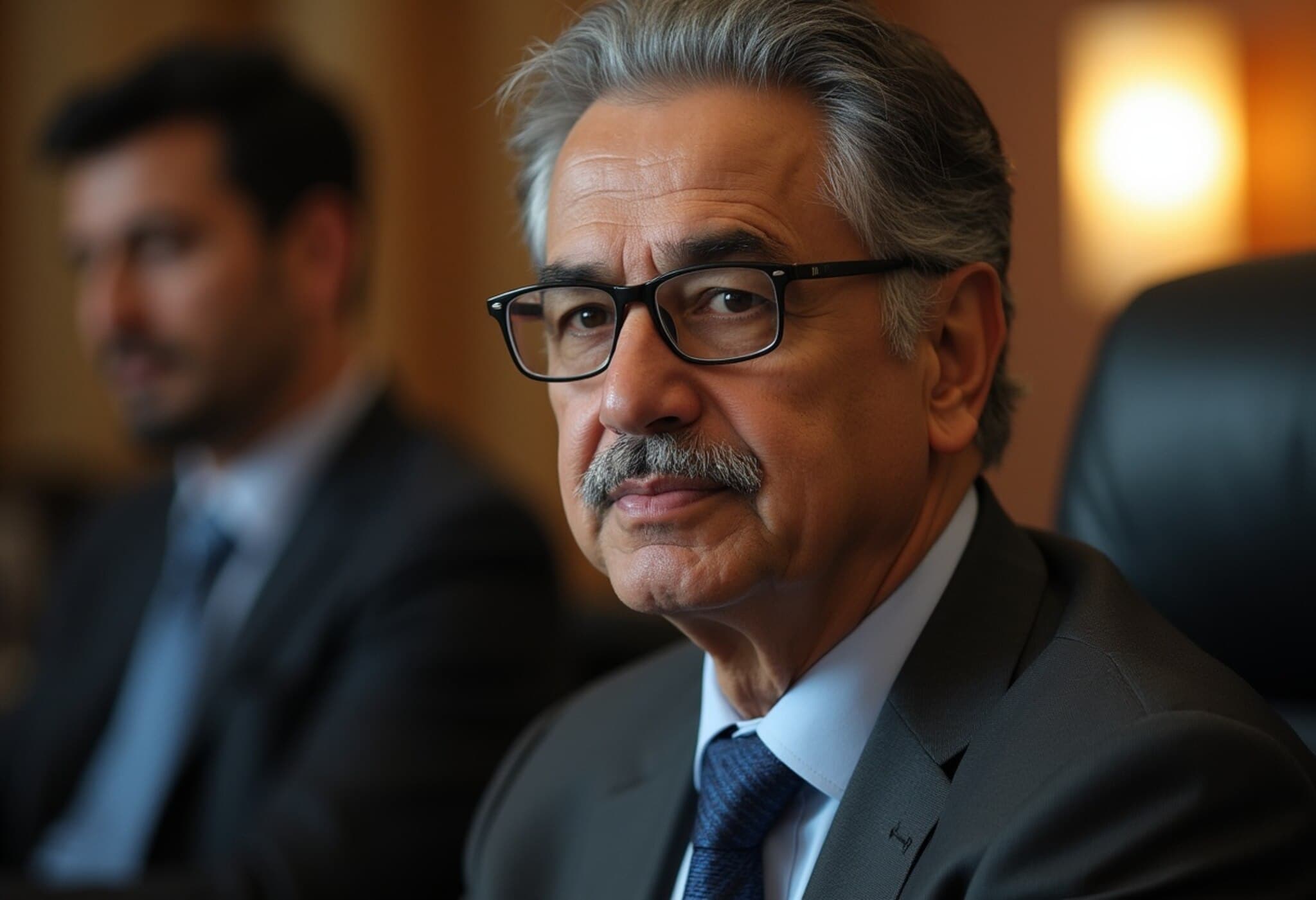Violence in Gopalganj Raises International Alarm
On July 16, 2025, the normally quiet district of Gopalganj in Bangladesh—former Prime Minister Sheikh Hasina’s hometown—erupted in violent clashes during a political rally, igniting a storm that has since reached the corridors of the United Nations. What began as a contentious rally by the unregistered National Citizens Party (NCP) quickly escalated into a deadly confrontation, resulting in multiple deaths and stirring allegations of grave human rights violations including claims of genocide.
The Clash That Shattered Gopalganj
The National Citizens Party, which holds no official legal or electoral recognition in Bangladesh, organized a rally on July 16. According to reports, including coverage by The Dhaka Tribune and statements from the International Crimes Research Foundation (ICRF), the rally was not merely a political gathering. Instead, it carried the ominous intent to attack a deeply sacred site—the graveyard of Bangabandhu Sheikh Mujibur Rahman, Bangladesh’s revered founding father.
As the NCP convoy moved through Gopalganj, violent clashes erupted. Initial attacks reportedly began around 1:30 PM near the municipal park, escalating to a bloody confrontation in front of Gopalganj Government College. Eyewitnesses and media reports confirm at least 4 people were killed and 15 injured, though independent observers and ICRF suggest the toll may be higher, estimating 21 fatalities amidst claims that the Bangladesh Army used lethal force against civilians.
Army’s Contested Role: Protection or Provocation?
Most chilling is the allegation that the Bangladesh Army, rather than acting impartially, backed the NCP’s efforts and allegedly fired on unarmed civilians who resisted the rally’s provocative aims. These accusations, leveled by the ICRF in a formal letter to the United Nations Ethical Office, underscore the severity of the situation and raise significant questions about the military’s role in internal political conflicts—especially in a country like Bangladesh, where the army’s involvement in civil matters has historically been sensitive.
International Calls for Accountability
The ICRF’s letter to the UN goes beyond recounting the violence; it characterizes the events as “genocide,” condemning the targeted destruction of the graveyard of Bangabandhu Sheikh Mujibur Rahman—a site of immense emotional and historical gravity for Bangladeshis. This allegation frames the violence as not just political unrest but as a potential breach of international human rights norms and laws.
Furthermore, the ICRF demands an independent international investigation into the clashes, urging the UN to hold all parties accountable—especially the Bangladesh Army—for alleged extrajudicial killings, torture, and human rights abuses. These developments add a complex diplomatic dimension to the internal strife, positioning Bangladesh’s domestic politics under global scrutiny.
Government Response and Public Skepticism
In response to the chaos, the Bangladeshi government announced the formation of an investigative committee led by Nasimul Ghani, senior secretary of the Ministry of Home Affairs. However, skepticism lingers among opposition figures, civil society, and independent observers who question the impartiality of a government-appointed inquiry, particularly so soon after violent events involving politically charged actors.
Experts note that true resolution and justice require transparency and accountability—both domestically and through international oversight. The apparent militarization of the conflict and the targeting of symbolic national sites illustrate deep fissures in Bangladesh’s democracy and social fabric.
Contextualizing the Crisis: A Test for Bangladesh's Democratic Institutions
The Gopalganj clashes represent more than isolated violence; they punctuate ongoing tensions in Bangladesh’s political landscape where political parties outside mainstream recognition challenge entrenched powers. The incidents raise urgent questions about state responses to dissent, military neutrality, the protection of cultural heritage, and the safeguarding of human rights.
For the international community, the situation is a reminder of the fragile nature of democracy in emerging states, where political grievances can swiftly spiral into violence with deadly consequences. It underscores the need for constant vigilance to ensure that political competition does not devolve into acts that violate international humanitarian standards.
Key Questions Moving Forward
- Will the Bangladeshi government permit an independent investigation that meets international standards?
- How will the military's role be scrutinized within domestic and international legal frameworks?
- Can national reconciliation happen when symbolic wounds—such as desecrating the grave of a founding father—are so deeply felt?
- What measures will be taken to protect political rights without resorting to violence or human rights abuses?
Editor's Note
The violent eruption in Gopalganj is a potent reminder that political unrest is often intertwined with collective memory and identity. The allegations of genocide and misuse of military power demand rigorous, transparent investigation, lest Bangladesh face long-term social fracturing. For international stakeholders, this is a pivotal moment to support democratic principles and human rights adherence in the region. Readers are invited to consider the fragility of political systems where history and politics collide and reflect on the broader impacts such conflicts have on regional stability and democratic health.

